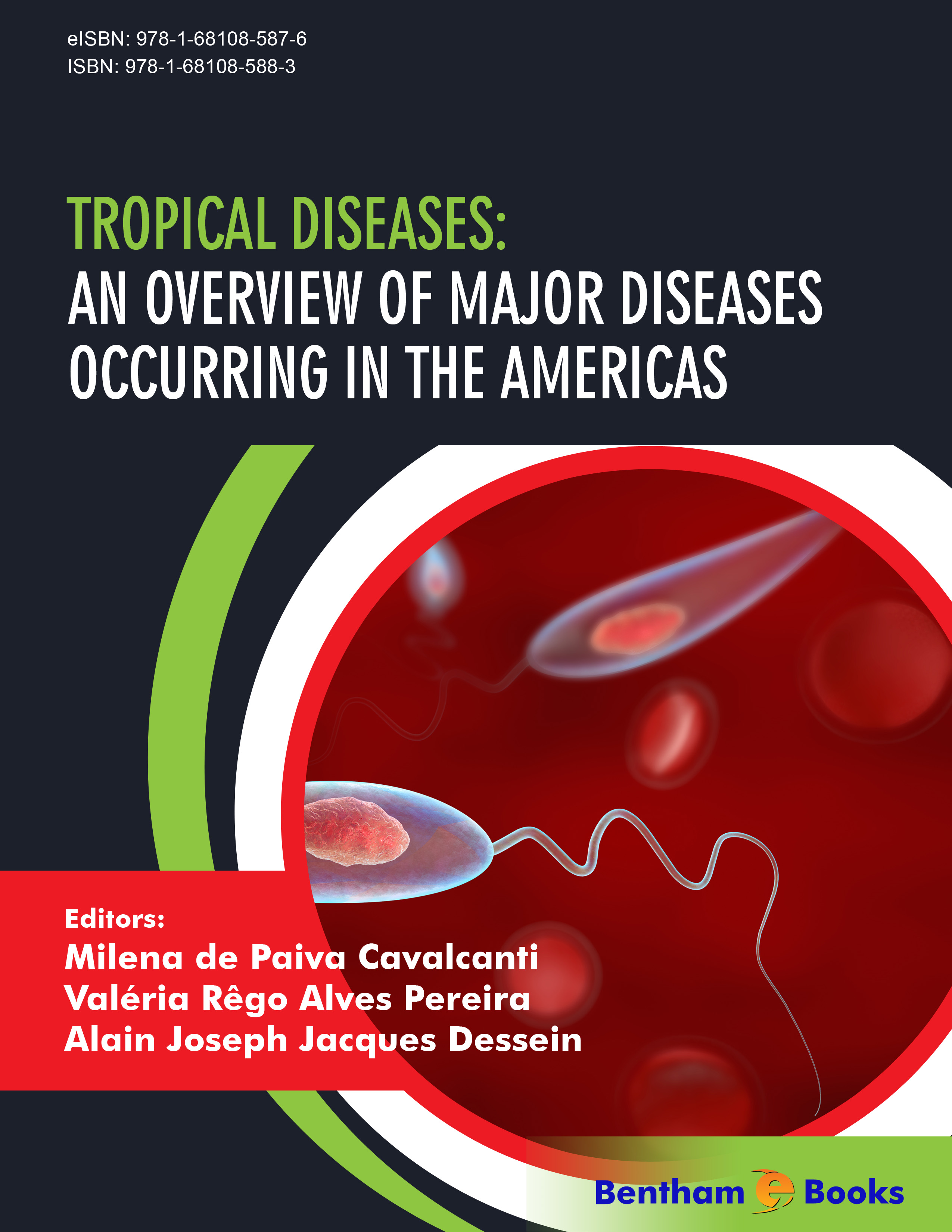In spite of many technical advances in the scientific community, tropical diseases remain a major public health problems, and many are classified as neglected diseases. In countries where they are endemic, many research groups have been developing diagnostic methods as well as prevention and control strategies that are aimed at improving the quality of life of the affected populations.
This book focuses on the research advances associated with the major diseases that cause serious health problems in tropical regions including parasitic diseases such as leishmaniases, Chagas disease, Human African Trypanosomiasis, schistosomiasis, malaria, geohelminth infections, viral diseases such as dengue fever, as well as bacterial and fungal diseases, including tuberculosis.
Classical techniques that have proven to be useful in controlling these endemic diseases are also discussed, as well as new therapies, vaccines, bioinformatics, and other technological advances. This mosaic of information is fundamental in the formation of highly qualified professionals whose responsibility is to develop innovative control strategies for the tropical diseases. In addition, the book will serve as a reference for both researchers and health professionals who wish to know the recent advances in their professional area.
The advantages and shortcomings of the various technologies currently available are also discussed in reference to differences in the availability of technical resources in the endemic areas and how this affects the health of the local populations.
Immunological factors and classical paradigms are discussed as well as the difficulty of dealing with them. Also one of the aims is to promote the translation of scientific knowledge, such as showing how molecular biology has led to advances in DNA technology and how this is being applied in the different areas of the health services.
In the present globalized world, geographical barriers are becoming progressively less important and the spectrum of tropical diseases constitutes important challenges to public health authorities both within and outside endemic areas, resulting in changes in the dynamics of the transmission of many infectious diseases. The different chapters of this book offer extensive overviews that help in understanding these challenges and bring new light on many important aspects of the neglected tropical diseases. Each chapter explores different facets including epidemiological data, immune response and pathogenesis, as well as the most suitable diagnostic methods and treatment. This provides an important platform that allows both students and researchers to become familiar with advances in the biology and medical importance of each pathogen.
The book authors have extensive practical experience with the different diseases and they have clearly and objectively presented many relevant current topics. The book presents new approaches for many aspects of the classical diagnostic methods that are currently in use. Besides this, there are modest contributions dealing with the control of these endemic diseases such as geographical prevalence. New therapies are included as well as information on vaccines, bioinformatics, and other technology advances. The authors envisage that the information provided in this book will be of use in the daily routine work of health professionals and help in the elaboration of more effective control measures of some neglected tropical diseases.
I am sure that this book will serve as a reference for all who are interested in guaranteeing that tropical diseases are at the forefront of research in endemic countries.
Sinval P. Brandão Filho
Director of Aggeu Magahães Research Center,
Oswaldo Cruz Foundation (Fiocruz),
Recife, Pernambuco,
Brazil

